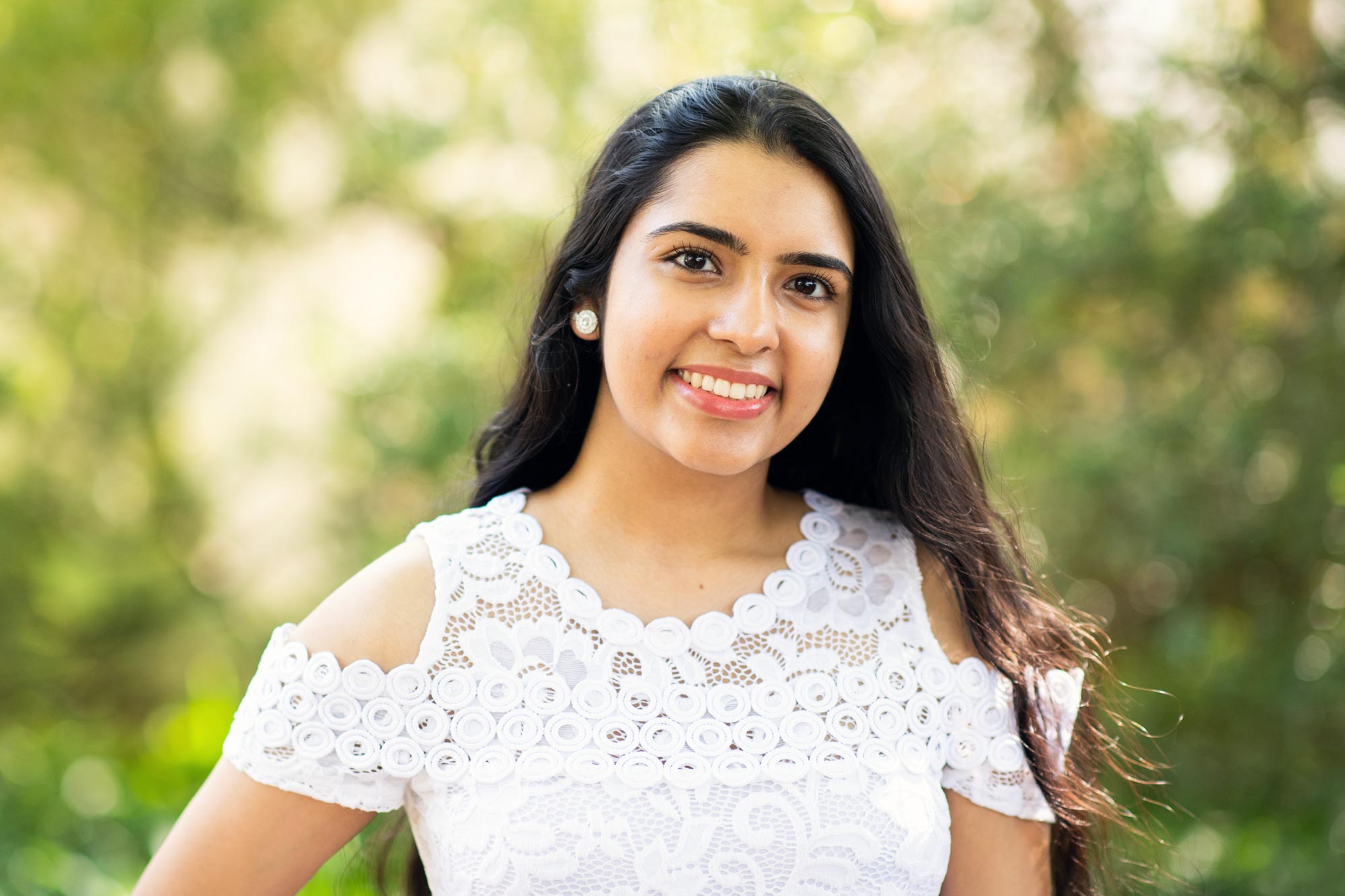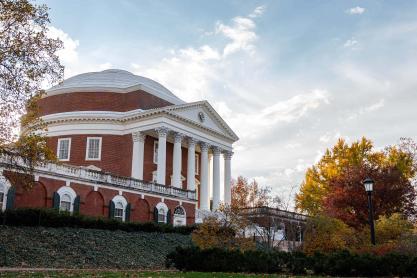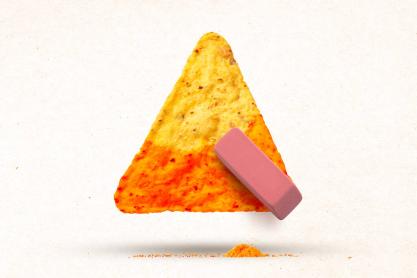Across the United States, Australia, Canada and the Caribbean islands, thousands of prospective doctors are required to complete the Medical College Admission Test, or MCAT, as one of the first steps toward becoming a doctor. Countless hours of studying precede the test, as scores are weighed heavily in medical school applications.
The eight-hour standardized exam tests a compilation of knowledge from biology, chemistry and physics to psychology, sociology and English – all of which are courses taken across four years of undergraduate education. That timeline in itself makes it hard for students to completely recall each subject, while some MCAT-takers may be years removed from that education.
The recollection required to pass the MCAT calls for a steep relearning curve. As preparation, undergrads and alumni alike often invest in MCAT prep courses, with costs ranging from $1,000 to $7,000.
Prep course costs are just one layer of the much larger financial obligation that comes with becoming a doctor, including attending college, paying MCAT registration fees, medical school application fees and traveling to interviews, to name a few. According to a 2020 analysis conducted by the Association of American Medical Colleges, only 38.1% of MCAT examinees from lower-income backgrounds completed test preparation courses, compared to 50% of examinees coming from higher-income backgrounds.
I [hoped for a] platform where students could connect with each other throughout this journey … and learn from each other.
This disparity is an aspect of the medical school process that 2021 UVA alumna Simrat Jassal would like to address, alongside recent graduates Aakash Anandjiwala from the University of Florida and Ashley Urtecho from New York University.
Educational barriers due to pricey prep courses are not the only issue regarding exam preparation that Jassal has come across. She also found a lack of tailored tutoring for each individual, minimal application-based learning and an absence of instructors who had actually taken the exam. Following her own MCAT experience in August 2020, Jassal saw the need for a new way of learning. With help from Bob Lenahan, a SCORE small business mentor, Jassal and a group of aspiring medical professionals who had already taken the exam – and had decided something was missing in the MCAT experience – began offering free sessions to tutor their study strategies. With that, MCAT 101, now known as Premed Peers, was born.
“I [hoped for a] platform where students could connect with each other throughout this journey … and learn from each other,” said Jassal, Premed Peers’ founder and president. “It’s been really helpful to have students who have taken the MCAT and have excelled at it to really give back to other students and pass on their knowledge.”
Premed Peers is based on individual student feedback, unlike other prep courses. If the majority of students need physics help, then that is what the next session is based around. As the program has evolved over many months, Jassal and her colleagues have implemented a variety of aspects to assist students, including one-on-one tutoring which pairs medical students with current MCAT studiers, guest speaker workshops for interviews and medical school application help and a Slack group for students to communicate directly with tutors. Premed Peers volunteers even make tailored day-to-day schedules for students to efficiently work towards mastering MCAT content, and blog and social media volunteer positions are also available to help combat the lack of opportunities due to the COVID-19 pandemic.
When it comes to their prep course-structured program, Premed Peers offers five to six lessons a week focusing on multiple subjects at a time. It all comes at an extremely low cost of $15 per month – compared to the commonly spent thousands of dollars – where students can ask questions and learn from experienced tutors. The program takes place virtually through Zoom and Google Meets, allowing tutors, volunteers and participants to join in from around the world.










